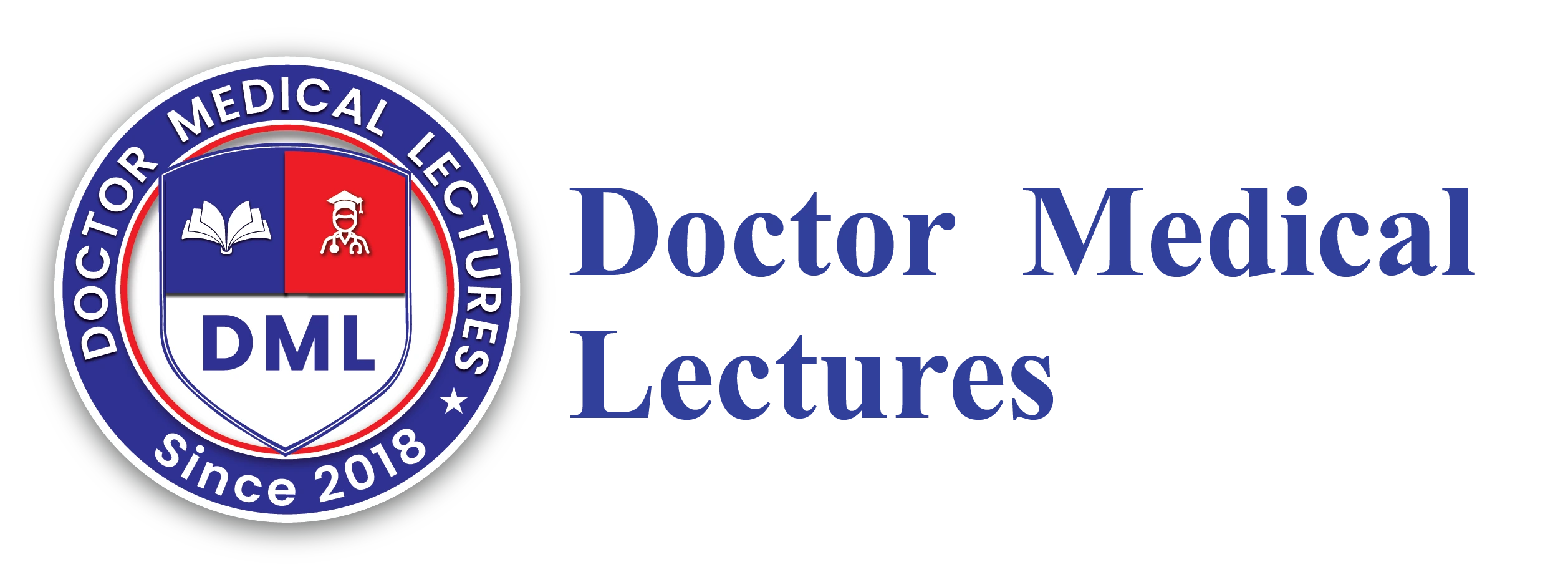Introduction
It is the National Registration Examination NRE Step 1 is an important test for medical students who are seeking licensing and opportunities to practice across the world. The exam examines the essential medical skills required to perform the clinical setting and acts as a reference point to assess the ability of a person to perform fundamental medical science.

Achieving this exam is vital to moving ahead in the field of medicine and becoming eligible for additional assessment and training in clinical practice.
Eligibility Criteria
To be able to sit for an NRE Step 1 exam, applicants must meet the eligibility requirements. These usually consist of:
- Graduates from an accredited medical school.
- Successful completion of the prescribed time of medical school.
- The registration is with the appropriate medical authority.
Every nation or medical licensing boards might have other requirements, like specific courses and clinical rotations or the requirements for internships. It is therefore recommended applicants to consult the medical councils of their country for specific eligibility criteria prior to taking the exam.
Exam Structure
It is the NRE Step 1 is a thorough test which primarily tests the ability of candidates to comprehend basic medical science. The test consists of multiple choice questions (MCQs) which cover the following areas:
- Anatomie: understanding the body’s anatomy, which includes bones muscle, nerves, and organs.
- Biochemistry covering molecular biology as well as metabolism and enzymatic procedures that are essential to the functioning of cells.
- The physiology of the human body: Examining bodily functions and the mechanisms involved, such as the renal, respiratory, cardiovascular and the nervous system’s the physiology.
- Pathology Examining the mechanism of diseases as well as histopathology and other systemic diseases.
- Pharmaceutical Science: Learning about drugs as well as their treatments, and side consequences.
- Microbiology: Understanding pathogens, such as viruses, bacteria parasites and fungi as well as the study of immunology.
- Behavior Science: Covering topics including psychological ethics, medical ethics as well as doctor-patient communications.
The exam usually comprises multiple sections, with each one focusing on various aspects in medical research. The questions may be based on case studies that test the capacity of applying theoretical concepts to real-life scenarios. The ability to manage time is essential for candidates, since they must be able to respond to questions in a time frame.
Study Resources
A variety of resources are accessible for candidates to prepare for NRE Step 1.
- Doctor Medical Lecture Academy is a renowned institution for its carefully designed learning courses as well as its expert faculty who provide comprehensive coverage of the most important areas.
- Standard Medical Textbooks like Guyton’s Physiology, Robbins Pathology, and Katzung’s Pharmacology that provide the essential information to understand the fundamental concepts.
- Internet Question Banks Platforms providing questions for practice tests, simulations with explanations for the wrong and correct answers. They also help students evaluate their strengths and weaknesses.
- review courses Crash courses that are focused that cover topics with high yields, offering the most efficient and structured method of study.
- Video Webinars and Lectures Interactive audio-visual education tools to reinforce important concepts and help clarify any doubts.
- Flashcards and Memoronics can be useful for remembering intricate information, especially in microbiology and pharmacology.
Preparation Tips
Making preparations for NRE Step 1 is a deliberate and disciplined method. These are the most effective ways to boost your preparation
- Make a Study Plan: Allocate specific time to each subject, depending on the weight it holds during the exam. Make sure you follow a well-organized plan in order to be able to cover every topic effectively.
- Practice MCQs Answer previous years’ questions. Take mock tests to increase speed and precision. Concentrate on understanding the reasoning of each question.
- Concentrate on topics with high yields: Concentrate on frequently examined concepts and the clinical connection that will allow you to have a greater comprehension of the most important areas.
- Begin Study Groups Participating in study groups with other students assists in retention of information and discussions on complex subjects. The act of teaching others is a great method to increase one’s comprehension.
- Utilize Mnemonics They are useful in remembering complicated concepts, particularly in microbiology and pharmacology. Flashcards and memory aids help you remember more easily.
- Review regularly: Periodic revision is vital to keep information in mind. Note down a few notes and revisit these frequently.
- Keep Up-to-date with the latest medical Advancements: Keeping up on the latest medical advances helps with questions based on case which require new treatment options and discoveries from research.
Exam Day Strategies
In order to perform optimally on exam day, applicants must follow these guidelines:
- Time Management Set aside time in advance in each section to prevent having to rush towards the end. Practice pacing during mock exams.
- Take your time reading questions carefully: Understanding the stem of the question prior to responding will help avoid making the possibility of making mistakes. Do not over-analyse or second-guess responses unless it is absolutely necessary.
- Be calm and focussed: Managing stress effectively will improve productivity. Meditation and deep breathing could aid in reducing stress.
- Do not skip difficult questions at first: If stuck on an issue that is difficult, you can take a break and then return. This method will save you valuable time.
- Eliminate the incorrect answers: Use the process of elimination to narrow your options and improve the chances of picking the correct answer.
Common Challenges Faced by Candidates
Candidates who are preparing for NRE Step 1 often encounter many challenges
- A frightful syllabus: The sheer volume of content could be overwhelming. The ability to break it into smaller chunks and setting goals for each day can assist in managing the burden.
- Time Constraints The balance between preparation and other obligations, like working or internships can be a challenge. Time management skills are essential.
- Retention of Information With a myriad of concepts to keep in mind, the possibility of the tendency to forget topics previously learned is not uncommon. Revision and active recall methods can assist in memory retention.
- Stress and Anxiety Anxiety about tests can hinder the performance of a person. Keeping positive, taking short breaks and maintaining an active lifestyle are all important to a healthy mental state.
Benefits of Passing NRE Step 1
Successfully completing Step 1 of the NRE Step 1 can open up a variety of career options for medical professionals:
- The eligibility requirements for the further medical Examinations: Passing Step 1 is usually a requirement for passing advanced medical tests including Step 2 and tests for clinical competence.
- International Recognition An excellent score increases the chances of getting residency jobs across different nations.
- More solid medical knowledge base: Preparing for the exam increases the foundational knowledge that is useful in medical practice.
- Career advancement: It helps in getting better employment prospects as well as higher wages for medical professionals.
Conclusion
The NRE First Step 1 is a difficult but achievable step for medical professionals. By using the proper study method with a proper preparation as well as the right sources, applicants can get through the exam and advance in their careers in medicine. Constant practice, discipline, as well as a plan for studying are the key to getting the highest scores. Utilizing effective learning methods and focusing on a positive attitude as aspiring doctors can succeed and be successful on this important exam.
Frequently Asked Question
Question 1: What is the NRE Step 1 exam?
NRE Step 1 (National Registration Examination Step 1) is a medical licensing exam that assesses a candidate’s knowledge of basic medical sciences, including subjects like anatomy, physiology, pathology, pharmacology, microbiology, biochemistry, and behavioral science. It serves as a critical step for medical graduates aiming for licensure and further medical training.
Question 2: Who is eligible to take the NRE Step 1 exam?
Candidates must meet the following eligibility criteria:
- Graduation from a recognized medical school.
- Completion of a required period of medical training or internship.
- Registration with the relevant medical authority.
Specific eligibility requirements may vary by country or medical board, so candidates should verify details with the respective medical council.
Question 3: How should I prepare for NRE Step 1?
Effective preparation strategies include:
- Using standard medical textbooks like Guyton’s Physiology, Robbins Pathology, and Katzung’s Pharmacology.
- Practicing MCQs from online question banks and previous exam papers.
- Attending review courses or online lectures for structured learning.
- Creating a well-planned study schedule and revising high-yield topics regularly.
- Engaging in active learning methods such as flashcards and mnemonics.
Question 4: How is the NRE Step 1 exam structured?
The exam consists of multiple-choice questions (MCQs) covering essential medical subjects. Many questions are case-based, requiring the application of theoretical knowledge to clinical scenarios. The test duration and number of questions may vary based on the specific medical board conducting the exam.
Question 5: What happens if I fail the NRE Step 1 exam?
If a candidate fails the NRE Step 1, they usually have the option to retake the exam. However, the number of allowed attempts and waiting period before reattempting depend on the rules set by the medical licensing authority. Candidates should analyze their weaknesses, adjust their study strategies, and take practice tests before attempting the exam again.

